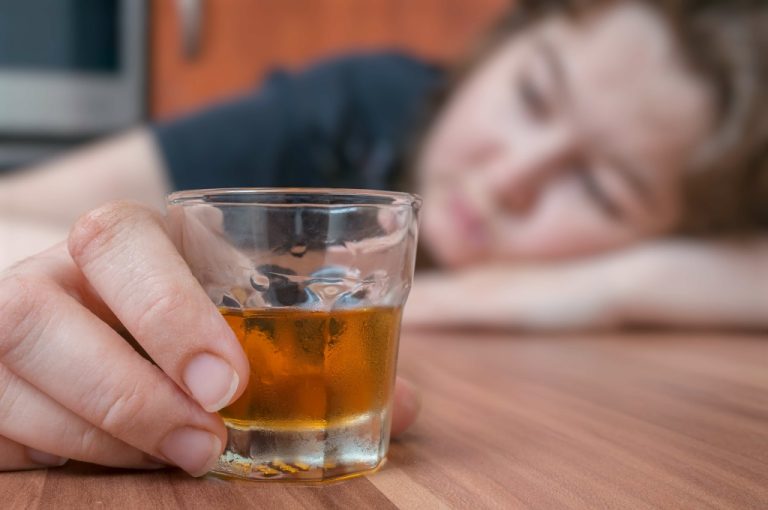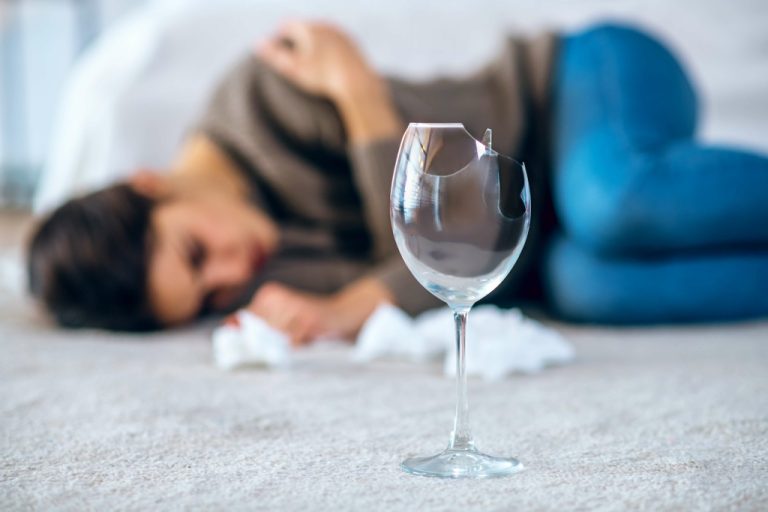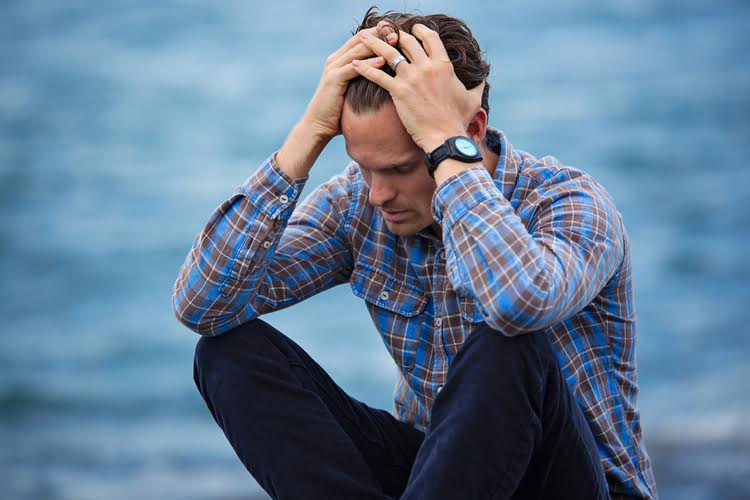Knowing how addiction looks is a key step to finding treatment—and recovery. You can look for these signs in someone you love or in yourself. You can become dependent on the substance to function without discomfort or unhappiness3, especially as your brain learns to make less dopamine and simply wait for more to come from the substance.

Social Links
This “reward” encourages repeated use of the substance to relive those pleasurable sensations. The cycle of addiction involves brain chemistry, tolerance, withdrawal, and the body’s changing response to substances over time. A person can break the cycle at any point, as long as they get the right help.
Stage 5: Addiction – The Full Cycle

The individual may continue chasing that rush or high after the drug’s initial use (e.g., using opioids or even drinking alcohol). A person’s introduction to drugs and alcohol comes in many forms. For example, initial use could start as prescription medications from a doctor or through peer pressure. The first stage of addiction includes a person’s first time using a substance.

Stage 6: Relapse – Understanding and Prevention
If you’re a treatment provider and have a question, please reach out and someone from our Customer Success team will be in touch with you shortly. We list any treatment center that meets our rehab criteria, giving you the best list of options possible when looking for treatment. Compare centers, explore options and start your path to recovery today. If you or someone you love is struggling with addiction, getting help is just a phone call away, or consider trying therapy online with BetterHelp.
Medical Content Strategist
Contact Silver Ridge Recovery today to learn more about how we can help you break free and start your journey to long-term recovery. As addiction progresses, the individual may face a range of negative consequences. These can Sober living house affect their health, relationships, finances, and overall quality of life. However, these consequences are often ignored or rationalized in an attempt to continue using.
It’s often triggered by something, like the environment you live in, stressors, and mental health conditions. People in stage five may show signs of addiction in other areas of life, like having financial issues, losing their job, and having trouble with their relationships. Informed by her personal journey to recovery and support of loved ones in sobriety, Jessica’s empathetic and authentic approach resonates deeply with the Addiction Help community.
Repeated substance abuse that happens over a period of time leads to these changes. Every person’s experiences are a bit different, but nearly all of them will have some level of the following cycle. From that first use through the inability to stop using, understanding where you are in this cycle of addiction is important. Unfortunately, most people living with addiction experience relapse at least once. But relapse does not equal failure; with the right addiction treatment programs, individuals can break this cycle of addiction. Dependence occurs when the body and mind adapt to a substance, resulting in tolerance and withdrawal symptoms when use is reduced or stopped.
Relapse is defined to have occurred regardless of whether the addict attempted to stop the drug themselves before seeking treatment or enrolling in a treatment center. Tolerance occurs when the brain or body of an addict has changed in response to the substance, requiring higher amounts to achieve the same effect. We can help you or your loved one through the admissions process and begin recovering from addiction.
- The cycle of addiction refers to the repetitive pattern of behavior that an individual with substance use disorder experiences.
- Understanding addiction’s progression is crucial for recovery success.
- Recovery.com combines independent research with expert guidance on addiction and mental health treatment.
Finding the Help You Need for Addiction Recovery
It is a complex process marked by a series of stages https://wbrand.com.br/is-any-amount-of-alcohol-okay-for-your-health/ and behaviors that can have profound negative consequences on an individual’s life. Addiction is marked by compulsive use, where the individual feels an overwhelming need to use the substance despite negative consequences. This is the stage where addiction can have the most severe effects on a person’s life, including deteriorating relationships, job loss, legal trouble, and health issues. This could be anything from stress, emotional pain, or environmental factors to social pressures.
It can be broken at any point, no matter how many times you’ve spun through it or how long you’ve been spinning. It becomes all you think about and what you feel you need to function. Along with feeling physically sick without it, you’ll experience cravings and urges to use the substance. Obtaining and taking more becomes as necessary as eating or sleeping, especially since addiction affects your judgment and decision-making skills3. Recovery.com combines independent research with expert guidance on addiction and mental health treatment.
In those cases, the body was not able to work properly before the person started taking the drug, and the medication is being used to correct that. Over time, individuals using substances may develop tolerance, meaning they need more of the substance to achieve the same effects. This stage is critical because as the brain becomes accustomed to the substance, the individual must choose the correct cycle of addiction. increase their intake to feel the desired relief or pleasure.
- This could be anything from stress, emotional pain, or environmental factors to social pressures.
- Giving in to the craving brings short-term relief or pleasure.
- Relationships suffer as users prioritize drugs over loved ones, leading to conflicts or estrangement.
- This phase may involve drinking alcohol every evening, using prescription painkillers beyond medical need, or smoking marijuana to unwind.
Understanding the Cycle of Addiction
Your body starts using the substance to meet a sense of homeostasis, and if you stop taking it, you’ll likely feel sick. In particular, opioids can make you feel highly unwell if you stop taking them4 without a professional detox. Alcohol withdrawals5 can lead to tremors, hallucinations, and seizures. Join our global mission of connecting patients with addiction and mental health treatment. For individuals in the first two stages of initial use and abuse, outpatient treatment and behavioral health counseling may be all that’s needed to get back on track. Later stages, like stages 3 and 4, may require more involved treatment.
